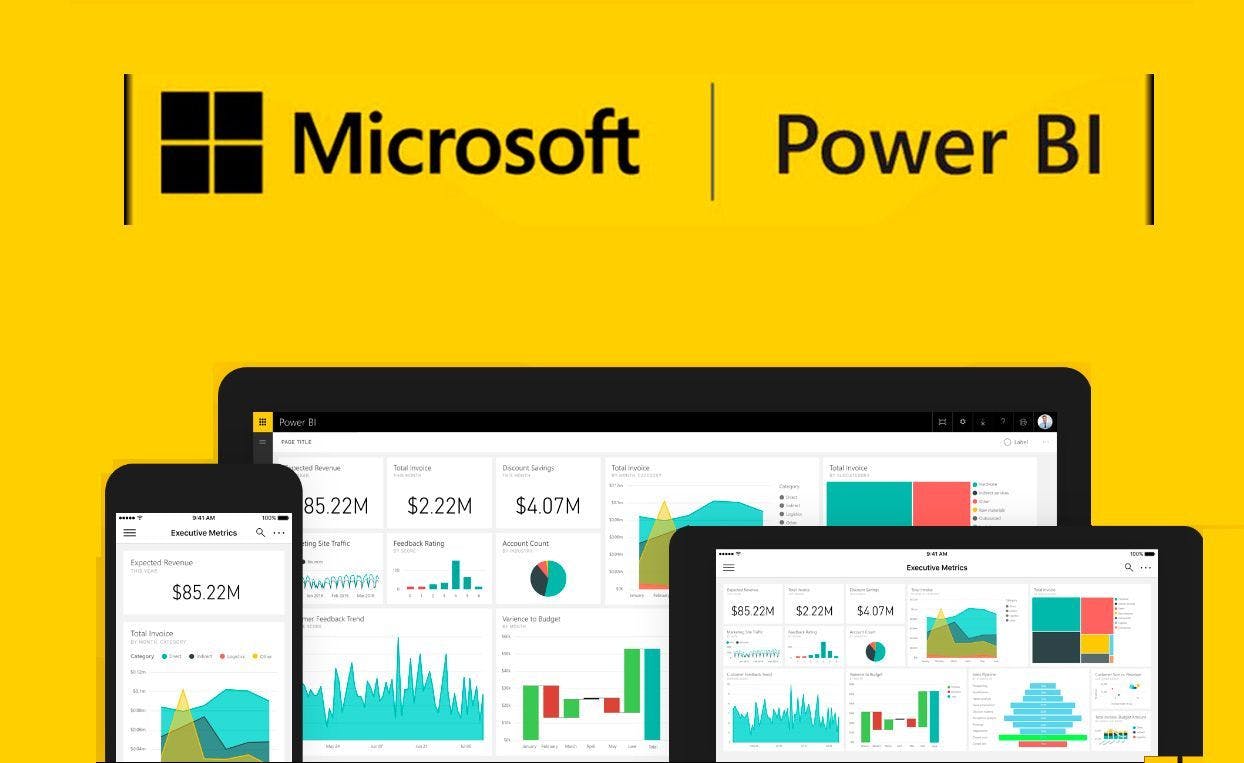332,555 reads
13 Best Datasets for Power BI Practice
by
February 8th, 2023
Audio Presented by

A library of open datasets for data analytics/machine learning compiled by HackerNoon.
About Author
A library of open datasets for data analytics/machine learning compiled by HackerNoon.
